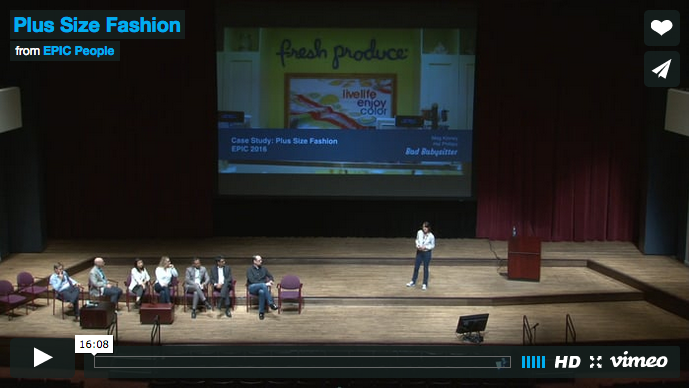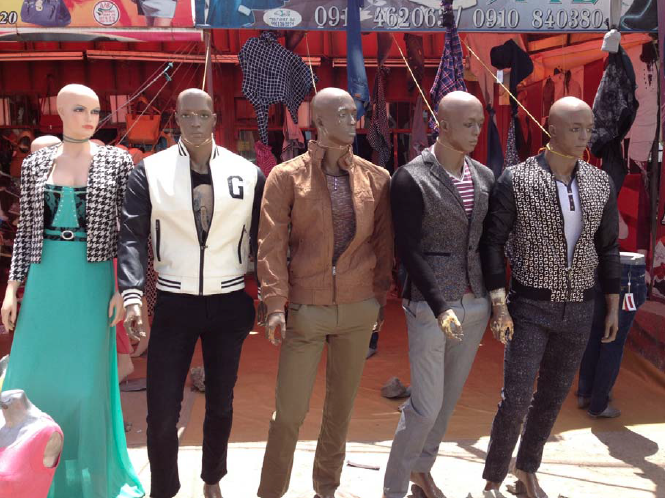EPIC Profiles Series I caught up with Johannes Suikkanen after he returned to Helsinki from EPIC2014 in New York City to discuss his career, ethnographic praxis and the future of the EPIC community. Johannes co-founded Gemic, a human-centric strategy and innovation consultancy, about six years ago...




